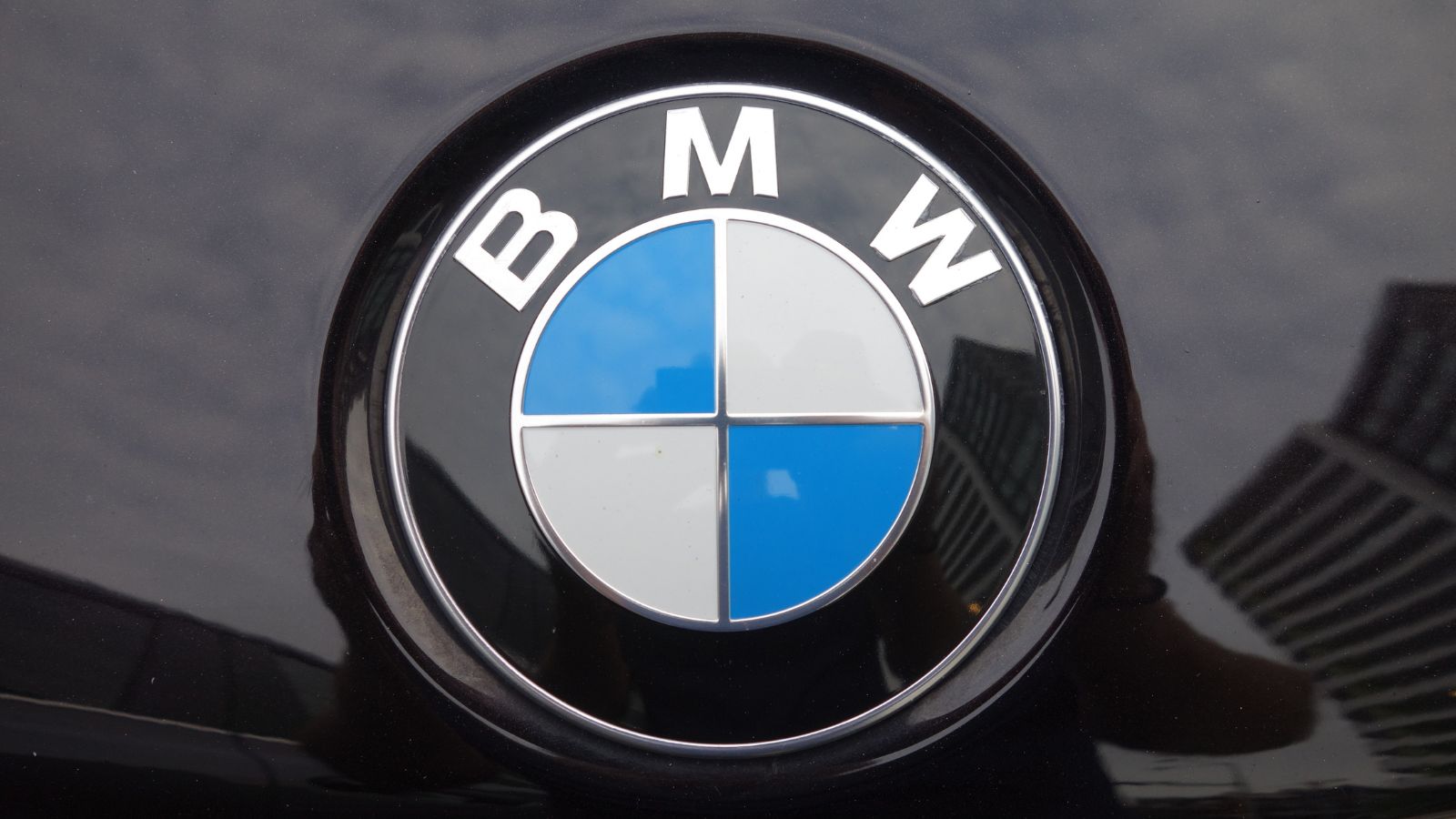A recent TikTok clip has sparked a flood of reactions after a new Toyota owner claimed her car requires a paid subscription to use features she thought would be standard. The video spread quickly because it taps into a growing frustration among drivers who feel like monthly fees are creeping into every part of life. Many viewers asked the same question. Are automakers really charging people to use features their cars already have
What She Said in the Viral Video

In the video, the TikToker explains that after buying her new Toyota she began receiving alerts encouraging her to activate subscription based features. She believed she already owned the car and everything installed in it. The idea that she needed to pay again just to unlock certain functions felt shocking. The clip struck a nerve because many drivers already feel weighed down by subscription fatigue. People are paying monthly fees for streaming services, apps, workout plans, phones, and even refrigerators. The thought of cars joining that list triggered instant backlash.
What Features Are Actually Subscription Based

Toyota has expanded its connected services platform in recent years. These services rely on cellular communication between the car and Toyota servers. Features affected include remote start through the phone app, vehicle location services, roadside communication, and convenience notifications.
The biggest surprise for most people is remote start. Buyers assume that if the car has remote start hardware, the feature will always be available through the key fob. On some newer Toyota models the remote start function only works through the phone app. That app based approach requires an active subscription. If the subscription ends, the feature may stop working despite the hardware still being in the vehicle.
This is where misunderstanding happens. Drivers are not paying for the hardware. They are paying to use the function connected to Toyota’s data services.
Why Automakers Are Moving Toward Subscription Features

Automakers say modern vehicles depend heavily on digital support services. Connected navigation, emergency calling, vehicle monitoring, and remote access all require server systems and cellular networks to operate reliably. Manufacturers argue that subscription fees help cover the ongoing cost of those systems.
There is also a larger business strategy behind it. Car companies are trying to shift from relying mostly on the initial purchase price to generating recurring income over the life of the vehicle. The industry is taking cues from smartphones, smart home devices, and software models where the product continues to produce revenue after the sale.
Are These Services Useful or Just Annoying

For some owners the features do add convenience. Being able to start the car on a hot summer day from inside an office or pre heat the cabin on a winter morning feels genuinely useful. Vehicle locator functions can be helpful in crowded stadium parking. Automatic emergency communication systems offer peace of mind for families or new drivers.
However many buyers feel frustrated when basic functions appear locked behind a monthly fee. The frustration intensifies when dealership staff do not clearly explain what requires subscription and what does not. When a driver learns about the fee only after the free trial ends, it feels less like a convenience feature and more like a surprise charge.
Is the TikToker Right to Be Upset

Her reaction makes sense. She walked into the dealership expecting a car to work like cars always have. She did not expect features she assumed were built into the vehicle to require ongoing payments. The shift toward subscription based features is relatively new and many buyers have not adjusted their expectations yet.
However she is not wrong about the trend. Other major automakers are doing the same. BMW introduced subscription heated seats in some markets. Ford and GM have subscription based connected navigation services. Mercedes offers a paid acceleration performance upgrade for some electric models. The auto industry is clearly experimenting with this revenue model.
Are These Subscriptions Worth Paying For

Whether these features are worth the money depends entirely on how a driver uses the vehicle. If someone regularly uses remote start or relies on connected safety systems there is real value. If someone rarely uses those features, the subscription could feel unnecessary.
The clearest takeaway from this situation is that car buyers must ask more questions before signing paperwork. Every dealership should clearly explain which features are standard and which are tied to connected service plans. The cost structure should not be hidden behind trial periods.
25 Facts About Car Loans That Most Drivers Don’t Realize

Car loans are one of the most common ways people fund car purchases. Like any other kind of loan, car loans can have certain features that can be regarded as an advantage or a disadvantage to the borrower. Understanding all essential facts about car loans and how they work to ensure that you get the best deal for your financial situation is essential. Here are 25 shocking facts about car loans that most drivers don’t realize:
25 Facts About Car Loans That Most Drivers Don’t Realize
